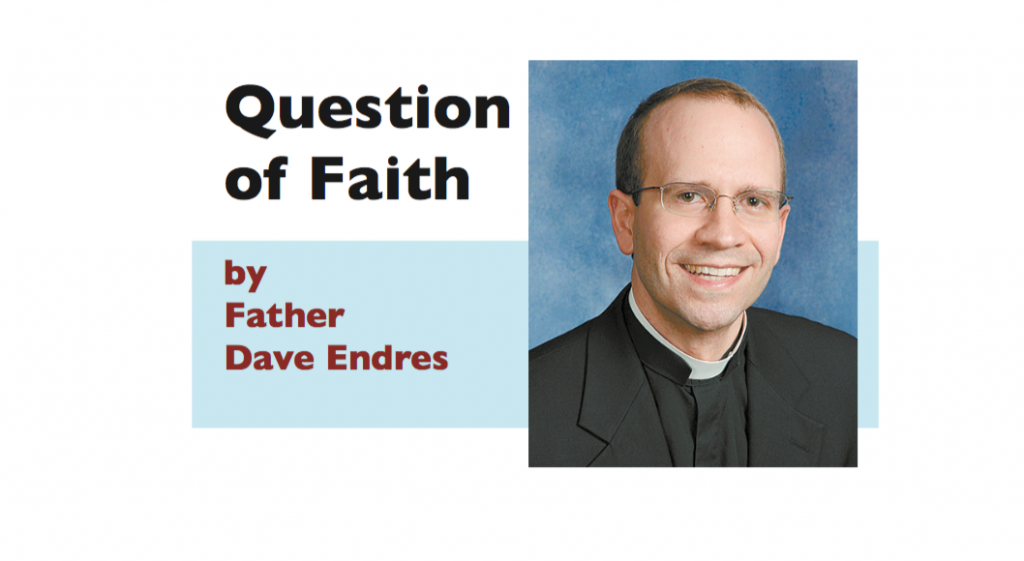A Question of Faith: Has revelation ended or does God continue to reveal Himself to us?
 Answer: If God’s revelation to humanity ended with the death of St. John, the last apostle, how was other information (which is not necessarily in the Bible) revealed to Church fathers and teachers? Does this kind of revelation continue today?
Answer: If God’s revelation to humanity ended with the death of St. John, the last apostle, how was other information (which is not necessarily in the Bible) revealed to Church fathers and teachers? Does this kind of revelation continue today?
In God’s divine plan, he slowly revealed himself to humanity, beginning with the patriarchs and prophets of the Old Testament. As it says in the Letter to the Hebrews, “In times past, God spoke in partial and various ways … [but] in these last days, he spoke to us through a son” (Hebrews 1:1-2). The coming of Christ is the definitive revelation of God to man. What was necessary for man’s salvation (called public revelation) was communicated at this time through Christ and the apostolic writings and witness.
Public revelation accounts for the formative period of the Church, including both the revelation put forward by the apostles through Scripture (the writings of the four evangelists and Saints Peter and Paul, for instance) and tradition (what the apostles witnessed but did not write down). Consequently, many consider the end of such revelation to be the death of the last apostle, St. John (occurring around the year 100 AD).
Public revelation reached its fullness at the end of the Apostolic era, with the death of the last apostle; however, this does not mean that the Church’s appropriation of the content of revelation was complete. As the Catechism explains, “Even if Revelation is already complete, it has not been made completely explicit; it remains for Christian faith gradually to grasp its full significance over the course of the centuries” (66).
Quoting a Church Father, the Catechism explains this deepening of revelation: “The Old Testament proclaimed the Father clearly, but the Son more obscurely. The New Testament revealed the Son and gave us a glimpse of the divinity of the Spirit. Now the Spirit dwells among us and grants us a clearer vision” (684). Under the guidance of the Holy Spirit, the Church continues to expand and deepen its understanding of public revelation.
The Church Fathers – the Christian writers and teachers from the first to the eighth century – have a privileged role in interpreting and teaching the content of revelation, yet the task of interpretation continues even after. For this reason, teachings like papal infallibility, the Immaculate Conception, and Mary’s Assumption have been further clarified in the modern era. While they are not new teachings, the Church has defined and communicated them to the faithful. In this way, revelation is expanding and deepening – not by promulgating new teachings, but by offering a deeper understanding of the teachings of the Church.
Although public revelation is complete, private revelation continues throughout the ages. Private revelation includes God’s communication to individuals, including but not limited to apparitions of Mary (apparitions “approved by the Church” are considered private revelation). Such communication from God is often not meant for all, but for the individual or a group, to help a believer or believers live out their faith more fully in a certain time in history. Private revelation may be believed, and often is beneficial to believers, but unlike public revelation, private revelation does not require the assent of all the members of the Church, and it does not “improve or complete Christ’s definitive Revelation” (Catechism, 67).
We believe that God through Scripture and tradition has revealed all that is necessary for our salvation. It is the role of the Church to continue to deepen its knowledge of that revelation, and
it is our task to live by what has been revealed.













